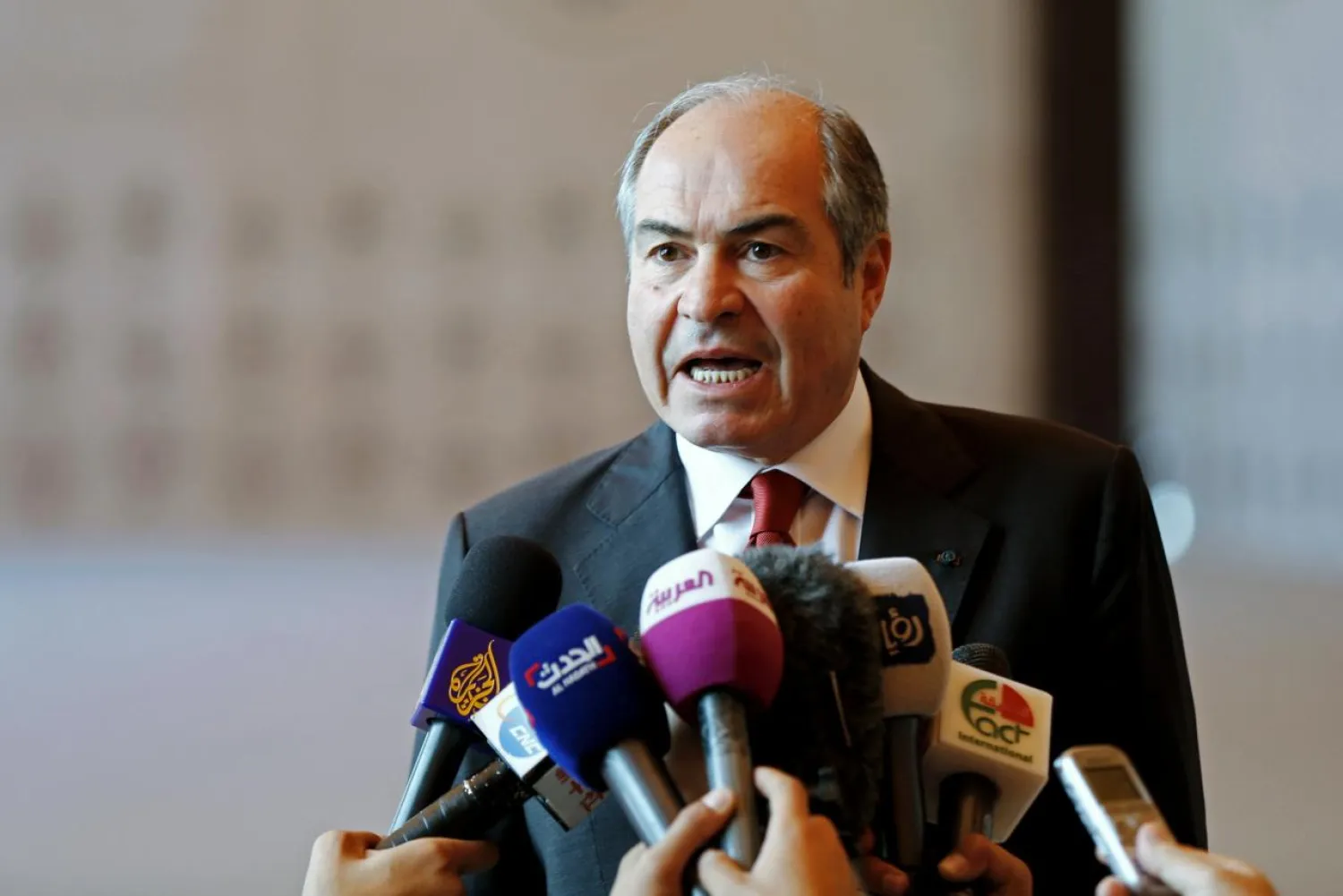Jordan’s Prime Minister Hani Mulki reshuffled the cabinet on Sunday, his sixth since coming to power, and appointed the king’s chief of staff as his special deputy for economic affairs and a new foreign minister, according to Jordanian Royal Court.
The PM announced Jamal Sarayreh as deputy prime minister and minister of state for prime ministry affairs and Jaafar Hassan as deputy prime minister and minister of state for economic affairs. Hassan's appointment is considered a bid to ease widespread anger.
Earlier this year, Mulki imposed several IMF-mandated tax hikes to cut rising public debt that have hit citizens' income.
Finance Minister Omar Malhas kept his job in the reshuffle, as did Ayman Safadi who remained the minister of foreign affairs. Safadi, a long-time adviser to the royal family, was assigned the foreign minister last year and has been leading the Jordan's talks with US over its Middle East policy.
The reshuffle also included the assignment of: Ali Ghezawi as Minister of Water and Irrigation, Samir Murad as Minister of Labour, Nayef Fayez as Minister of Environment, Bashir Rawashdeh as Minister of Youth, Samir Mubaidin as Minister of Interior, Abdul Nasser Abul Bassal as Minister of Awqaf and Islamic Affairs, and Ahmad Oweidi as Minister of State for Legal Affairs.
All the new ministers were sworn in before King Abdullah II at al-Husainiah Palace in the presence of Prime Minister Mulki and Royal Court Chief Fayez Tarawneh, according to the Royal Court.
This is Mulki's sixth reshuffle of cabinet since it was established on June 1, 2016 and included 29 ministers. This comes after he avoided the parliament's motion of no confidence, and days after hundreds of protesters in several cities demanded his resignation, due to the government's decision to impose taxes on most consumer and foot items.
Prime Minister Mulki said in a press statement that the government achieved a “huge success” in the financial reform process during the past two years, and took measures to narrow the state budget deficit, according to Jordan News Agency, Petra.
Mulki said that the step that will follow the financial reform measures will be working to stimulate the economy, with a focus on curbing the rising public debt, through realistic implementation of the National Programme to Stimulate Economy and to increase growth rate by 2-4 per cent.
The government's second focus will be enhancing the rule of law, added Petra.
Jordan's economy has been severely affected by the conflicts in Iraq and Syria, and the public debt has reached nearly $35 billion.
Jordan, which suffers from scarcity in water and natural resources, imports 98 percent of its energy needs. The country is home to some 680,000 Syrian refugees who fled the their country since war erupted in 2011, add to that about some 700,000 Syrians who entered Jordan before the conflict, according to the government.
Politicians and economists say the tight fiscal boost and price increases exacerbated the suffering of the poor in Jordan.
However, contrary to previous protests, only a few scattered protests have taken place, but slogans raised in the rally in Salt were the most critical so far.
“We will wage an intifada (uprising) until prices go down. There are limits to our patience,”protesters chanted.
On Friday the authorities sent gendarmerie reinforcements to Salt.









